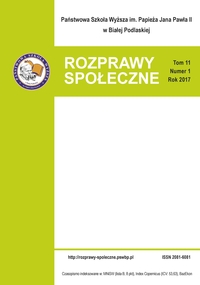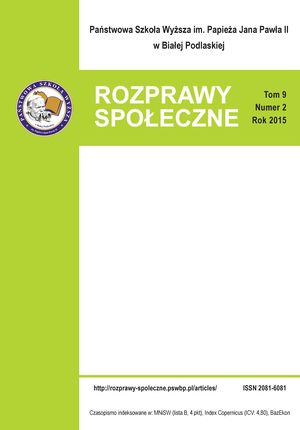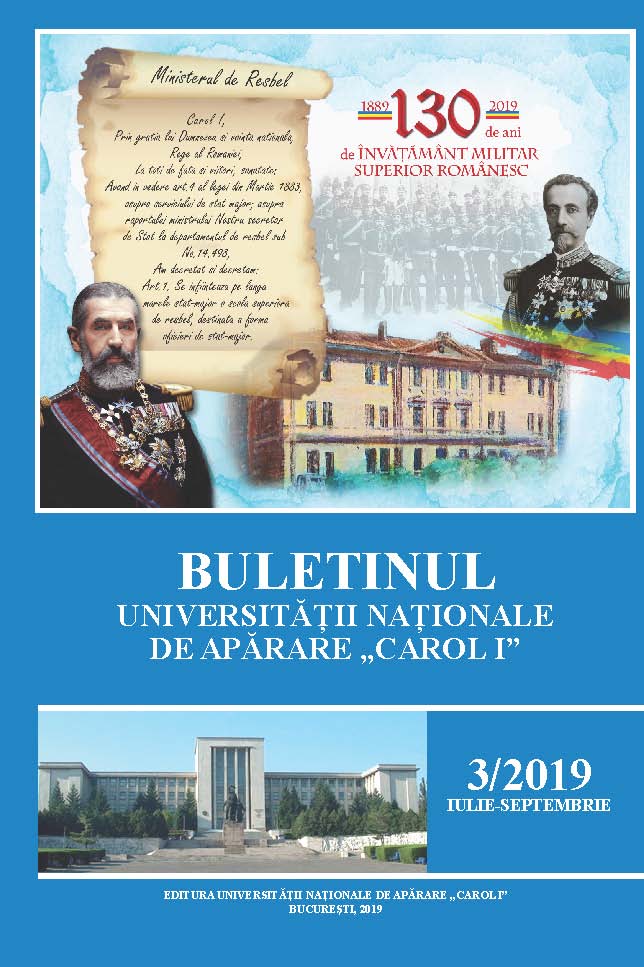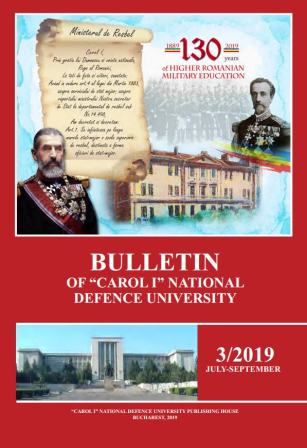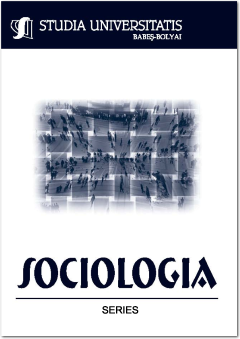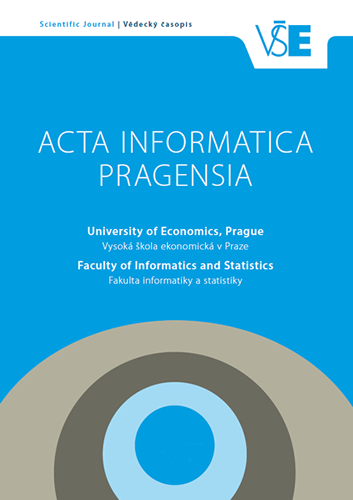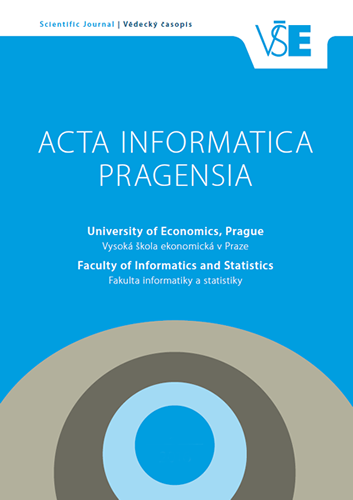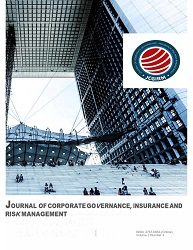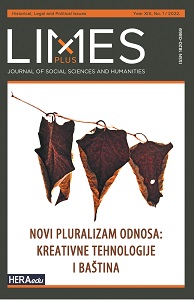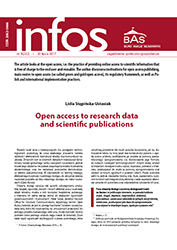
Wiedza dla wszystkich: otwieranie zasobów nauki w Polsce i na świecie
The article looks at the open access, i.e. the practice of providing online access to scientific information that is free of charge to the end user and reusable. The author discussess motivations for open access publishing, main routes to open access (so called green and gold open access), its regulatory framework, as well as Polish and international implementation practices.
More...
